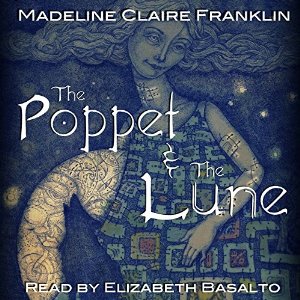If you're looking for a place to talk shop with other writers you might want to consider ![[community profile]](https://www.dreamwidth.org/img/silk/identity/community.png) go_write , a private comm for writers where I am a moderator. We check up on each others' progress and give encouragement, share discussions and tips on writing and so on. Most of us work on original fiction but we're very friendly and encouraging with fanfic efforts as well--I think at least half the active members are writing or have written fanfic.
go_write , a private comm for writers where I am a moderator. We check up on each others' progress and give encouragement, share discussions and tips on writing and so on. Most of us work on original fiction but we're very friendly and encouraging with fanfic efforts as well--I think at least half the active members are writing or have written fanfic.
The main body of the community is private so members can comfortably discuss projects in progress, but there are regular public posts where prospective members can comment. After a month of commenting on the public posts you can message me to apply for membership, and if accepted by the current membership (which will be the usual outcome if you were fairly regular about commenting and interacted politely with the existing members) you become a full member and gain access to the main community. You can read the membership policy here and start commenting on any of the available public posts at the community at large.
The main body of the community is private so members can comfortably discuss projects in progress, but there are regular public posts where prospective members can comment. After a month of commenting on the public posts you can message me to apply for membership, and if accepted by the current membership (which will be the usual outcome if you were fairly regular about commenting and interacted politely with the existing members) you become a full member and gain access to the main community. You can read the membership policy here and start commenting on any of the available public posts at the community at large.

 The Poppet and the Lune (2011) by Madeleine Claire Franklin is a novel in the style of a fairy tale, with fantastic elements like witches, werewolves, spells, and a girl created from dead body parts.
The Poppet and the Lune (2011) by Madeleine Claire Franklin is a novel in the style of a fairy tale, with fantastic elements like witches, werewolves, spells, and a girl created from dead body parts.




